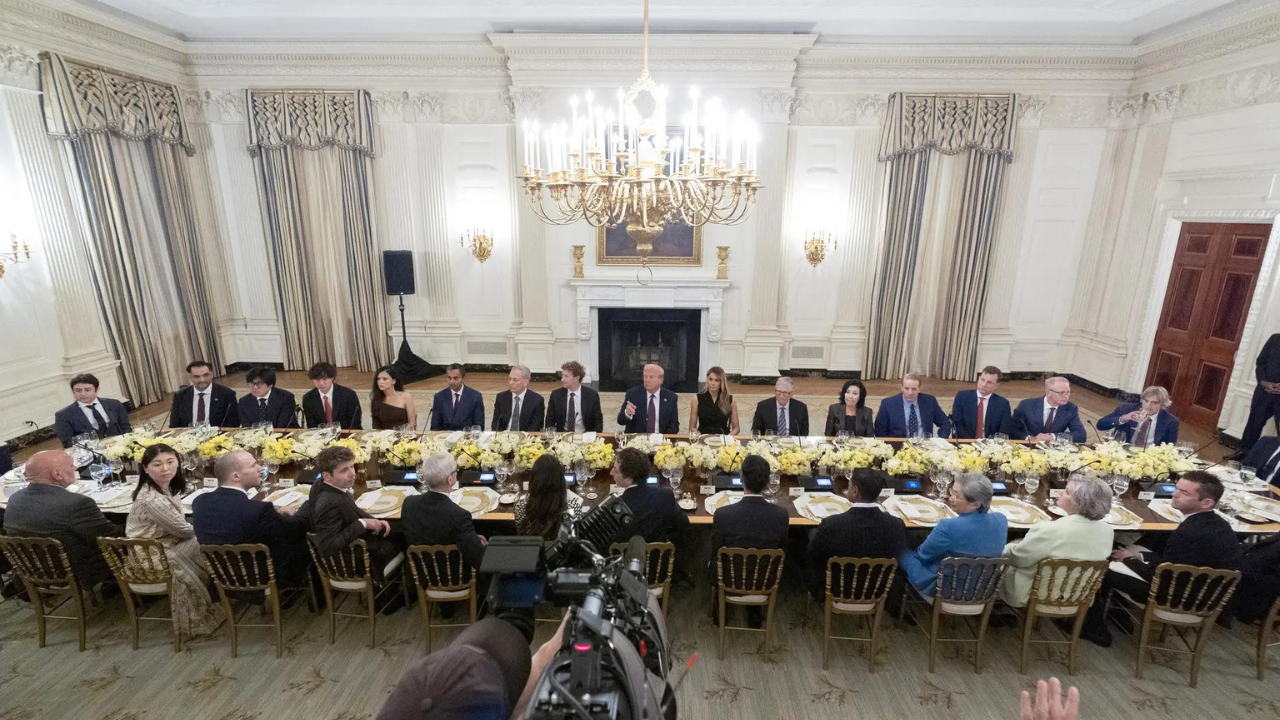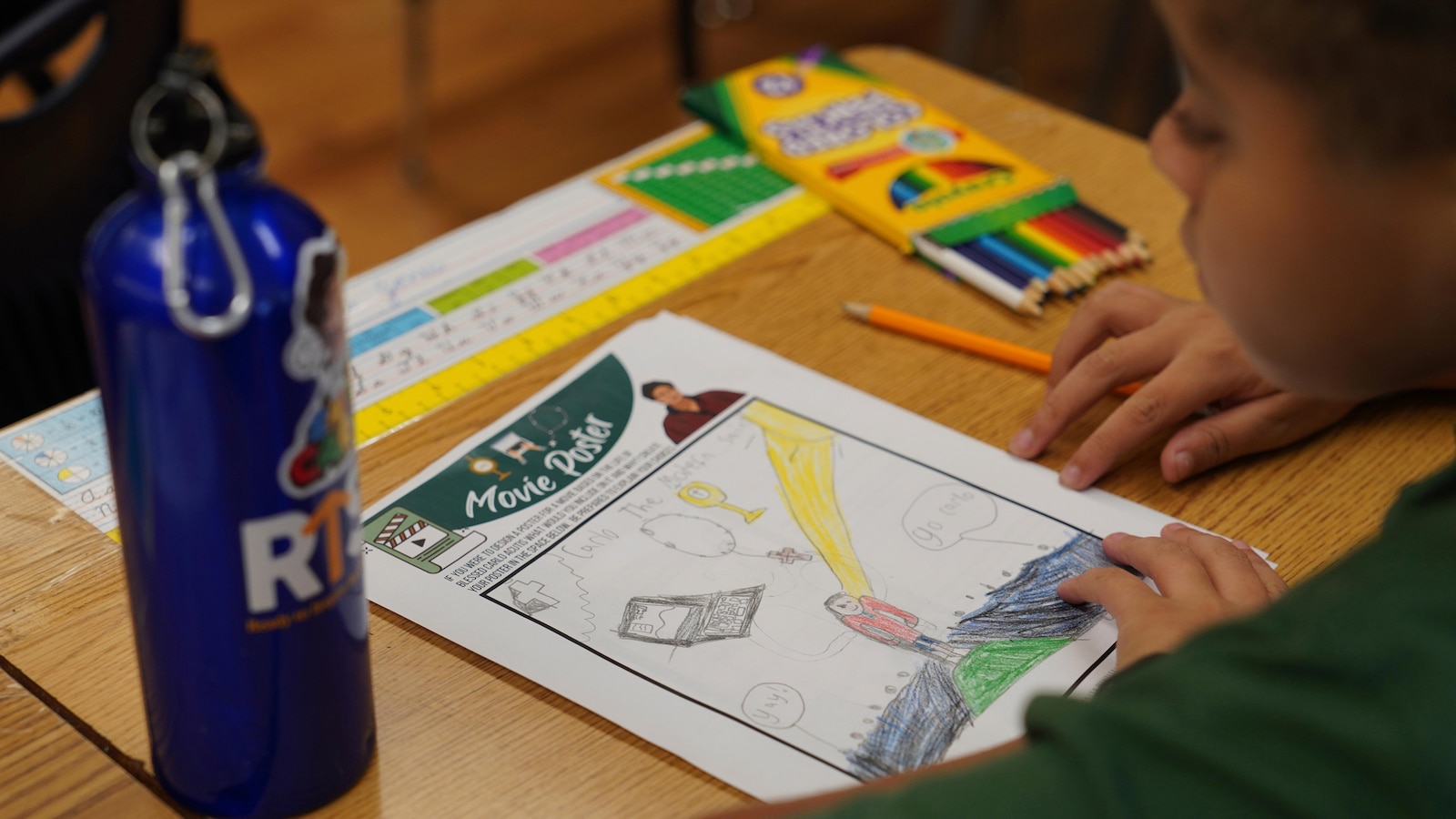As a young man, Seth Ferranti ran a drug-dealing operation distributing vast volumes of cannabis and LSD across college campuses in the United States.
It was the 1980s and US President Ronald Reagan had proclaimed that “marijuana – pot, grass, whatever you want to call it – is probably the most dangerous drug in the United States.”
“I didn’t believe them,” says Seth Ferranti, now a documentary filmmaker and director of Tortured Mind: The Reality of Post Incarceration Syndrome.
“I broke laws that I thought were wrong.”
When the law closed in, he earned a spot on the US Marshals’ 15 Most Wanted Fugitives and ultimately served 21 years of a 25-year prison sentence for a first-time, non-violent offence at just 22 years old.
Seth was jailed in 1993, when the war on drugs was raging under President Bill Clinton. The prison population soared as thousands, particularly African Americans and other minorities, were punished with lengthy spells for possession of relatively minor quantities of illegal substances.
Much has changed since then. Marijuana, once taboo, is now firmly mainstream, with celebrities such as boxing champion Mike Tyson launching their own brands of intoxicating products.
According to a Pew survey in January, nearly 90 percent of Americans believe marijuana should at least be legalised medically, if not entirely, including 66 percent of Democrats and 43 percent of Republicans.
But, formally, Marijuana remains a Schedule I drug on the federal level, meaning there is no accepted medical usage and possessing and distributing any quantity is theoretically punishable by jail time and/or a hefty fine, conflicting with the more relaxed state laws. For example, cannabis is allowed to various degrees in both California and Nevada, but driving with it across state lines is a federal offence.
Ferranti and others are now hopeful this might change soon. Last Friday, Democrat lawmakers re-introduced the Marijuana Opportunity Reinvestment and Expungement (MORE) Act before Congress, which, if passed, will finally lift the decades-long ban on the drug.
Meanwhile, in August, President Donald Trump confirmed he’s also considering easing the rules.
“It’s a very complicated subject base,” the president told a news briefing at the White House on August 11. “I’ve heard great things having to do with medical and bad things having to do with just about everything else.”
 The NuLeaf Dispensary Las Vegas Strip, a cannabis shop in Las Vegas, Nevada, seen on January 9, 2025. This recreational and medical dispensary is known for offering a collection of cannabis products for both ‘wellness and enjoyment’ [Artur Widak/NurPhoto via Getty Images]
The NuLeaf Dispensary Las Vegas Strip, a cannabis shop in Las Vegas, Nevada, seen on January 9, 2025. This recreational and medical dispensary is known for offering a collection of cannabis products for both ‘wellness and enjoyment’ [Artur Widak/NurPhoto via Getty Images]‘Reclassifying’ cannabis
The plan Trump is considering, which was first proposed but not implemented under his predecessor, Joe Biden, is to reclassify cannabis from Schedule I to Schedule III, significantly softening the penalties involved, although stopping short of full legalisation.
Cat Packer, a cannabis expert at the Moritz College of Law and a member of the Drug Policy Alliance (DPA), told Al Jazeera that under section 280E of the tax code, marijuana businesses cannot apply for the usual tax deductions as they are technically still illegal drug traffickers. Federal prohibition also leaves banks and credit firms reluctant to service the industry, forcing many businesses to trade in cash, which makes them a tempting target for robbers.
“That’s why there are lots of folks in the industry who are very supportive of this particular change because they would be treated much like every other legal business in the United States,” Packer explained.
The legal cannabis industry was estimated to be worth $32bn last year, according to Bloomberg. Since 1996, cannabis has been gradually legalised in the US on a state-by-state basis. Twenty-four out of 50 states, plus Washington, DC, have fully legalised the plant, with another 12 allowing it for medical use only.
“I think that there have been a lot of positive outcomes: For example, we have seen a reduction of folks being arrested and criminalised for cannabis,” says Packer.
“These things are important because when they are criminalised, they can be the reasons why people are denied housing, education, healthcare, even custody of their children. And when we’re establishing legalisation, it’s not just about ensuring that adults can have access to purchase cannabis, but that we’re also giving cannabis consumers rights and ensuring that they’re not being discriminated against under the law because of their cannabis use.”
Punishing pregnant women
But the law remains strict in many places. Alabama has one of the highest overall incarceration rates nationwide. There, unlike other suspects, pregnant women arrested for drugs – including cannabis – are not allowed to post bail and instead are jailed or forced to attend mandatory detox, ostensibly to protect their unborn children. The jails are overcrowded, with often not enough room to sleep except on the floor.
Additionally, drug laws have arguably reinforced racial and economic inequality in the US.
“In particular, here in the United States, Black and brown folks have been four-to-five times more likely to be arrested simply for cannabis possession,” Packer said.
“And it’s been cannabis and other drug laws that have really fuelled mass incarceration and are a significant factor of why the United States has more people in prison than any other country in the world, despite calling ourselves the Land of the Free.”
Ex-convicts often lose their right to vote, disenfranchising many Americans.
Although legalisation is often presented as a way to correct these historical injustices, this hasn’t always worked out in practice.
The huge amount of red tape and difficulties in securing start-up capital needed to enter the industry – both because lenders are reluctant to advance credit to this industry and many start-ups are run by people with fewer resources to begin with – means that in many areas, those who fell foul of the old laws have been left out.
“Legalisation killed the outlaw legacy farmers, and they are the ones that should have benefitted from legalisation,” Ferranti says.
“The trailblazers and those who sacrificed have been pushed to the side. While those who persecuted them and the pharmaceutical companies have moved into the cannabis trade and taken over.”
For example, he says, Glass House, one of the biggest weed companies in the US, was co-founded by a former Los Angeles police officer.
This unfairness is aggravated by the law’s inconsistency state-by-state, he added.
“So, in California, a legitimate company can grow a million pounds [of cannabis], but in places like Kansas or Nebraska, a tenth of that amount is a criminal case. Why is this allowed? Are we in the same country?” Ferranti asks.
 The storefront of a cannabis dispensary with a neon ‘Open’ sign and green leaf graphic, in San Francisco, California, on August 14, 2025 [Smith Collection/Gado/Getty Images]
The storefront of a cannabis dispensary with a neon ‘Open’ sign and green leaf graphic, in San Francisco, California, on August 14, 2025 [Smith Collection/Gado/Getty Images]A black market continues to thrive
All of these discrepancies mean a black market still thrives, with organised criminals such as Mexican drug gangs and Chinese triads operating clandestine cannabis farms, either undercutting legitimate producers or selling their produce in states where it’s still illegal.
“Despite legalisation, California remains the epicentre of illegal cultivation in the United States,” says Kevin Sabet, director of Smart Approaches to Marijuana (SAM).
“[In recent years] California seized more illicitly cultivated cannabis plants, arrested more individuals, and confiscated more weapons from cultivation sites than any other state.”
SAM is among 50 organisations lobbying Trump not to reclassify marijuana.
“Rescheduling is a giveaway to Big Marijuana, its Big Tobacco and Big Alcohol investors, and [China]-backed Mexican cartels,” Sabet says.
“Rescheduling would hand the industry a $2bn-plus tax windfall by repealing 280E restrictions, letting them write off ads, marketing and promotions that deliberately target kids to develop the next generation of addicts. That’s why Big Weed has been lobbying so hard. They stand to profit, while families and communities across America lose. Rescheduling will not change the legal status of the drug, but it will send a green signal to everyone in America that this drug is somehow OK and safe to use.”
Sabet says the health risks of marijuana remain high. A study published in the scientific journal Heart this year suggested that cannabis consumers are at a heightened risk of heart failure and stroke.
“The reality is today’s marijuana is a fundamentally different drug than decades ago. This is no longer the ‘Woodstock weed’; this is a chemically and genetically modified creation of corporate conglomerates,” he says.
“Consequently, it’s directly tied to psychosis, schizophrenia, suicide, addiction and surging ER visits… Taken together, this is a tornado of public health and safety harms. Rescheduling would normalise and worsen them.”
Packer says she shares these concerns, but believes the best way to address them is through thorough regulations rather than a ban.
“Rather than criminalising parents and throwing them in jail or making it so that they can’t take care of their children because of their cannabis use, it would be much more responsible to create an environment where they understand that we need to look products up or exist in a regulated environment where businesses know that there are going to be consequences if they advertise to or sell to minors,” she argues.
The back and forth of Trump’s support
And where does Trump stand in all of this?
Over the years, Trump has toyed with the idea of cannabis reform, although this hasn’t led anywhere substantial. In the 1990s, the then-business mogul described the war on drugs as “unwinnable” and called for the legalisation of all illicit narcotics. But during his first term in the Oval Office, he largely stayed out of the debate, preferring to let individual states decide the marijuana issue for themselves.
Last year, he publicly backed an ultimately unsuccessful bid to lift the cannabis ban in Florida, and federal records from the electoral commission show his inauguration received $1m in contributions from representatives of the marijuana industry.
But both Packer and Ferranti believe that reclassification of cannabis doesn’t go far enough, and would like to see the ban lifted entirely. This is what the MORE Act proposes, along with wiping clean cannabis-related criminal records and supporting former prisoners.
“We know that criminalisation hasn’t worked, it hasn’t stopped anyone from getting access to cannabis,” Packer argues.
“The only way to end criminalisation at the federal level is actually to de-schedule marijuana, not just reschedule it, but to completely remove it from the Controlled Substances Act… I think the only way that we would see some type of legalisation effort get through Congress with Republicans in charge is if this was something that was directed by Trump himself. Historically, we haven’t seen Republicans be champions of cannabis reform.”

 3 hours ago
1
3 hours ago
1









 English (US) ·
English (US) ·